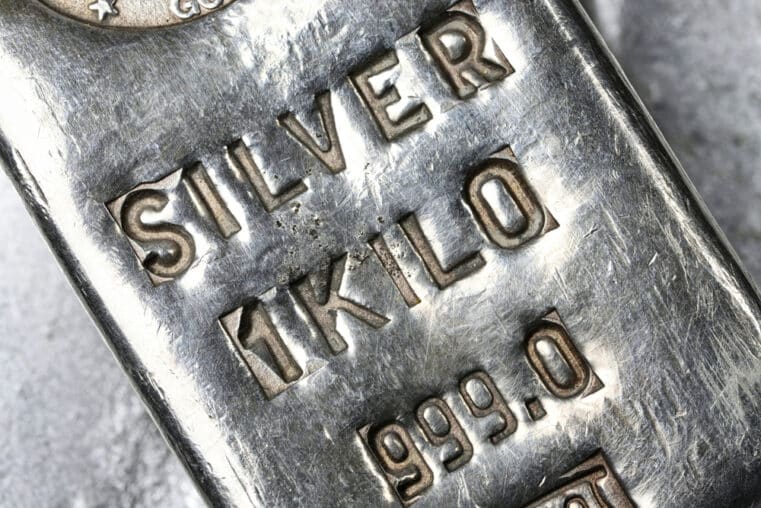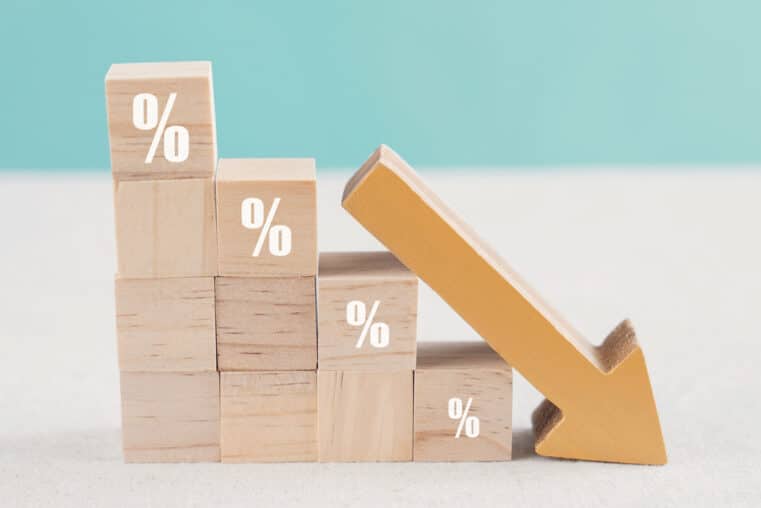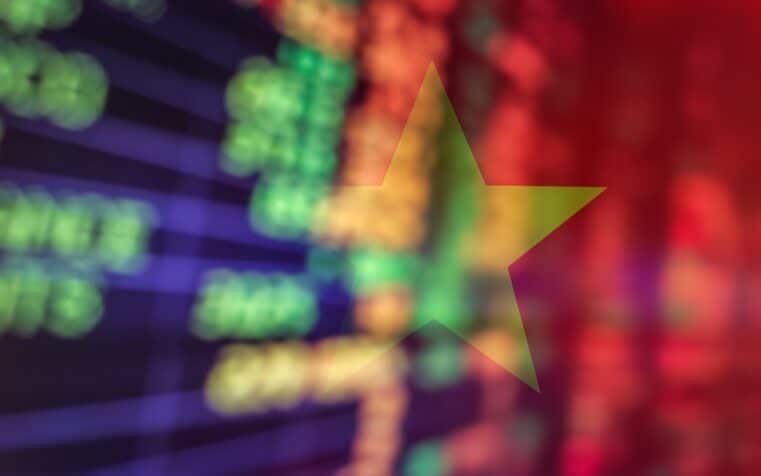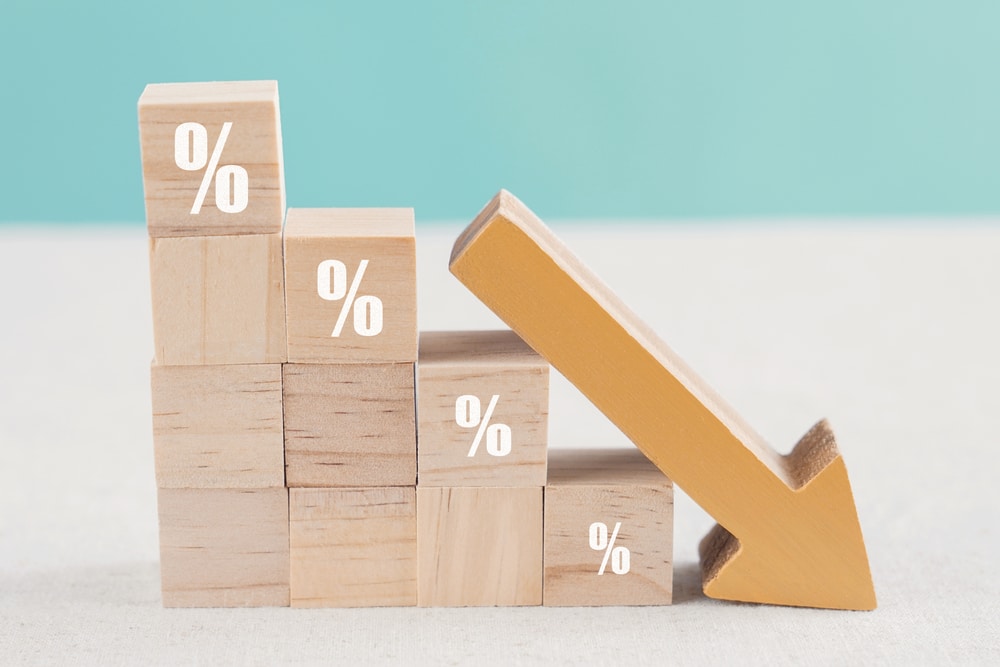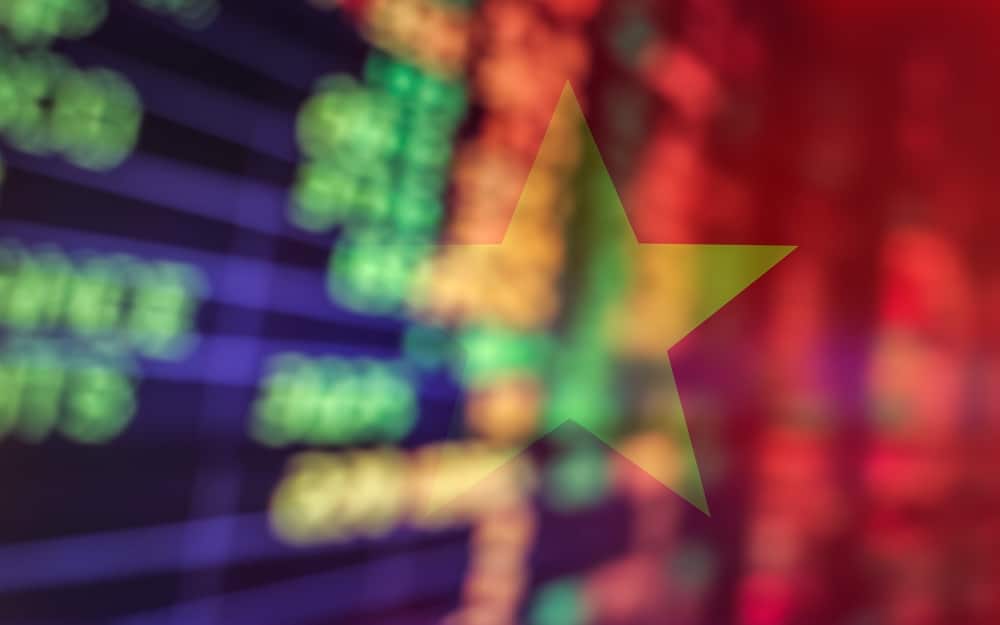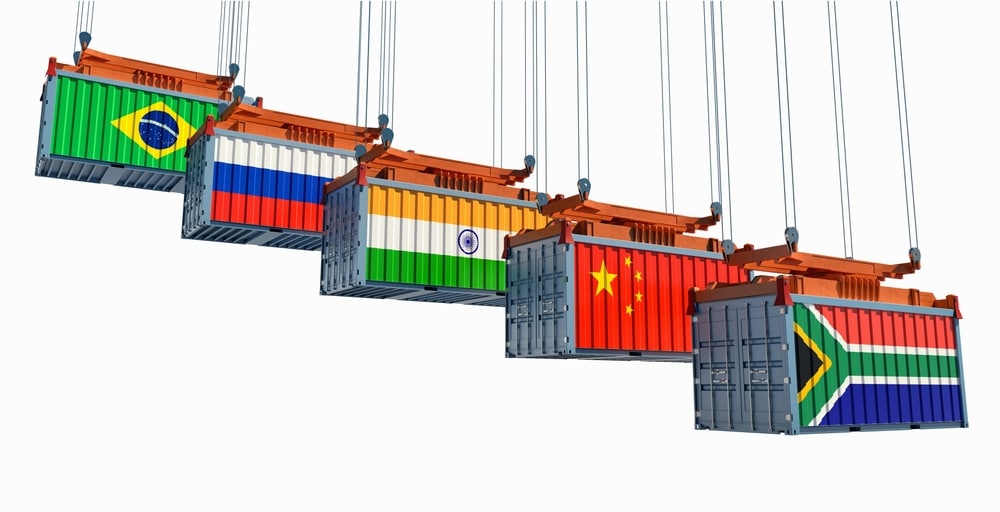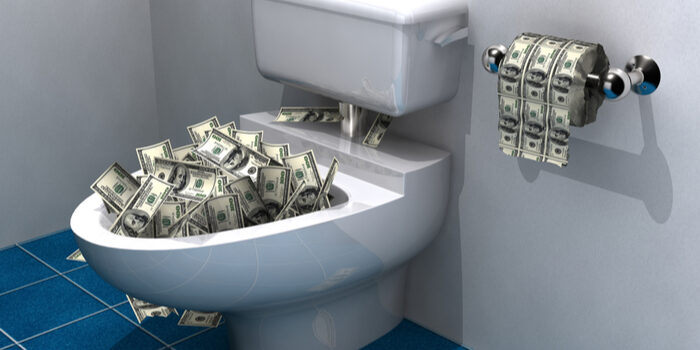
Your Own Bank is Flushing Your Money Down The Toilet - Here's How To Stop Them
We all know that market volatility has been quite severe given the disruptions stemming from the soon-to-be pandemic COVID-19.
But the truth is that 90% of Americans may not be as severely impacted as the other 10%. Perhaps this is unfair to say, but hear me out.
The near 3,500-point drop in the Dow this week might have been more damaging symbolically than actually for most Americans.
This sounds harsh, but let’s consider the reality of the situation: 84% of all US stocks are owned by only 10% of the population!
The rest of the American population holds a meager 16%.
Now, this is not to say that a bad stock bet isn’t going to hurt your portfolio or retirement plan. Quite the contrary, it can be rather damaging.
But what’s beyond the radar for most Americans is something very near and dear to them--and it’s bleeding them slowly and inconspicuously: their own bank account.
In other words, though fluctuations in the S&P 500 may not affect you as badly as the top 10%, your banking fees--management fees, overdraft fees, and all other fees your bank may be imposing on your account and transactions--are causing you to slowly hemorrhage money or purchasing power.
Sound a bit sensational? No, it doesn’t. And that’s the point.
That’s why many Americans don’t really notice it. Financial media is too busy focusing on the bigger picture, often appeasing those for whom stocks really matter.
But they’re leaving the “smaller guy” off to the side to figure it out for himself or herself.
Interestingly, the most vocal figure in it all is the liberal senator Elizabeth Warren.
Regardless of your political leanings, however, don’t dismiss her message too easily: the banking issue affects everyone regardless of party.
But we can’t wait for the government to provide us with a solution.
Savings Rates Down, Bank Fees Up
Here’s something to think about: Let’s suppose your savings rate is at an annual 1%. This means that you gain 1% more wealth each year, right? Wrong.
If the inflation rate is at 2%, which is a relatively low rate, this means that you lose 1% of your purchasing power each year.
So, if you have, say, $100,000 saved in a bank account, and it generates an interest of $1,000, then nominally, you’re a thousand dollars richer. But in terms of purchasing power, it’s more like -$1,000, thanks to the power of inflation.
But let’s talk about something more insidious. Notice how credit card fees have increased?
So, the banks will not offer you much for lending them money (aka depositing funds) but they’ll increase your rate for borrowing money--some banks raising them to exorbitant levels.
And regular Americans aren’t the only ones being hit. Even large corporations are noticing the squeeze. This is from the Wall Street Journal:
“Merchants paid an estimated $64 billion in Visa and Mastercard credit and debit interchange fees last year, according to new data from an industry publication, the Nilson Report. That is up 12% from a year earlier and up 77% from 2012.”
You can’t say that this is fair and competitive capitalism.
Banks Need Your Money to Lend Out Even More Money
We’ll assume you know how fractional-reserve banking works. You deposit a certain amount of funds, and the bank lends out a fractional amount of your deposit.
Some banks are required to hold a reserve of only 10%. So you deposit $100, and the bank lends out $90.
On a larger, high-net-worth scale, someone deposits $1 Million, and the bank lends out $900,000.
The nightmare scenario is that people withdraw their funds, as in a bank run. If a bank can’t call in their loans, then the bank faces the prospect of collapse.
And right now, a number of banks are over-leveraged, particularly in the corporate leveraged loan space.
According to a MarketWatch article:
“Yet even if such investments don’t upend the U.S. financial system, banking watchdogs including the Federal Reserve say the deterioration of underwriting standards in the leveraged loan market could mean that many holders of leveraged loans will bear losses larger than they had anticipated.”
So what if it doesn’t “upend” the financial system? One banking collapse (and there have been 486 over the decade) is enough to affect, once again, the “smaller guy.”
As you can see, even MarketWatch missed this point, simply because it’s geared toward the minority that holds most of the nation’s equity assets.
Americans Getting Deeper Into Debt Doesn’t Help
Americans are hooked on debt and the data shows it:
- According to debt.org, 57% of all Americans have credit cards, and most hold at least four
- Average household credit card debt stands at $8,398
- Total US consumer debt is at $13.86 Trillion (all debt including credit cards, student loans, auto loans, mortgages, etc.)
Debt is so ingrained in our culture it’s almost something of a pastime.
This culture exists in the corporate world as well, wherein national US corporate debt stands at $10 Trillion. That’s 47% of our national GDP.
Banks have to appease their investors, the majority of which probably belong to the 10% elite holding 84% of US stocks.
So banks will charge their customers maintenance fees, ATM fees, overdraft fees, or in the case of banks like Wells Fargo, they’ll find illicit means to rake in more profit.
Sure, Americans are largely spending too much and saving too little.
But more importantly, too many Americans have normalized banking operations, as if they’ve accepted the disadvantaged position that banks have created for them.
Don’t let your flush your money down the toilet. That’s the simple message behind all of this. Apportion some of your wealth to private assets to avoid unnecessary banking fees and to hedge against the decline in your dollar’s purchasing power. Physical gold and silver is a good way to start.



